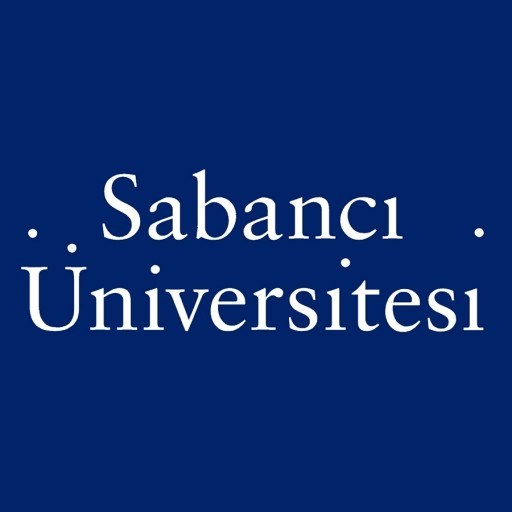Photos of university / #kansasstateuniversity
The Biological Systems Engineering program at Kansas State University is a comprehensive undergraduate degree designed to prepare students for innovative careers at the intersection of biology, engineering, and technology. This program combines the principles of engineering, biology, and environmental sciences to solve complex challenges related to agriculture, food production, renewable energy, environmental protection, and biological resource management. Students in this program gain a strong foundation in mathematics, physics, chemistry, and biology, alongside specialized coursework in systems modeling, bioinstrumentation, process engineering, and biotechnology.
The curriculum emphasizes hands-on laboratory experiences, design projects, and research opportunities to develop practical skills and a deep understanding of biological systems in real-world applications. Students learn how to design and optimize bioprocesses, develop sustainable technologies, and analyze biological data. The program also explores emerging fields such as bioenergy, bioproducts, and environmental conservation, preparing graduates for diverse roles in industries including agriculture, manufacturing, environmental management, and bioinformatics.
Kansas State University's state-of-the-art facilities and collaborative environment foster innovation and experiential learning. Through internships, cooperative education, and partnerships with industry and government agencies, students gain valuable professional experience and networking opportunities. The program aims to produce well-rounded graduates equipped with the technical expertise, problem-solving abilities, and ethical foundations necessary to advance biological systems engineering and contribute meaningfully to society.
Graduates of the Biological Systems Engineering program are prepared for careers in designing sustainable agricultural systems, developing bioprocessing technologies, managing natural resources, and conducting research to improve environmental health. They are also well-positioned to pursue advanced degrees in engineering, biology, or related fields. Whether working in academia, industry, or government, graduates play a vital role in creating innovative solutions for some of the most critical challenges facing our world today.
Detailed Course Facts
Application deadline May (for Fall intake), October (for Spring intake) Tuition fee- USD 275 Module (National)
- USD 728 Module (International)
*Tuition fee per credit hour
Start date January,September 2015 Credits 127 credit hoursLanguages Take an IELTS test
- English
Course Content
Degree options:
Machinery systems option
- Many biological systems engineers design, test and evaluate the machines used in highway industries.The machinery systems option provides graduates with the analytical tools needed to develop machines that reduce the cost of production for both traditional and new crops, while operating within environmental and energy constraints.This option includes courses that emphasize mechanical design as well as the interaction of machines with soil and plant materials.Related technologies such as fluid power, instrumentation and electronic controls also are included in this option.
Environmental option
- Biological systems engineers work at the interface between biology and engineering. They must be knowledgeable in both disciplines. Applications in the environmental option include water quality studies of lakes, rivers and groundwater; soil and water conservation; irrigation and drainage system design and management; waste treatment; management of air quality inside buildings and outside; remediation of land damaged by construction, mining and other uses.
Biological option
- Biological systems range in size from cells to complex groups of living organisms. Biological engineers work with these systems in areas that include biomaterials, bioinstrumentation, biological systems modeling, bioremediation, food and fiber processing, and energy from biological products. The biological option fulfills the requirements for a Bachelor of Science in biological systems engineering while providing students with the flexibility to receive a strong biological emphasis in their engineering program. Course selections also provide students with the option of a biology minor or they can opt to meet the requirements for a premedical or preveterinary program. Graduates in this program can pursue careers and/or additional studies in fields such as environmental engineering, biological systems engineering, biomedical engineering, food process engineering, medicine, natural resources and related areas.
English Language Requirements
IELTS band : 6.5 TOEFL iBT® test : 79
To study at this university, you have to speak English. We advice you to
take an IELTS test. More About IELTSRequirements
International admission:
- Online international student undergraduate application
- $80 USD application fee
- A copy of your passport photo page
- Affidavit of Financial Support (pdf) and bank statement
- High school and university transcripts
Work Experience
No work experience is required.
Related Scholarships*
- Academic Excellence Scholarship
"The Academic Excellence Scholarship can provide up to a 50 % reduction in tuition per semester. These scholarships will be renewed if the student maintains superior academic performance during each semester of their 3-year Bachelor programme. The scholarship will be directly applied to the student’s tuition fees."
- Alumni Study Travel Fund
Scholarships for students who are already attending the University of Reading.
- Amsterdam Merit Scholarships
The University of Amsterdam aims to attract the world’s brightest students to its international classrooms. Outstanding students from outside the European Economic Area can apply for an Amsterdam Merit Scholarship.
* The scholarships shown on this page are suggestions first and foremost. They could be offered by other organisations than Kansas State University.
Funding
The priority deadline for incoming freshmen to submit the K-State scholarship application is Nov. 1, or Feb. 1 for transfer students. Students should submit their Free Application for Federal Student Aid by March 1.
Accreditation
The Biological Systems Engineering program is accredited by the Engineering Accreditation Commission of ABET.







